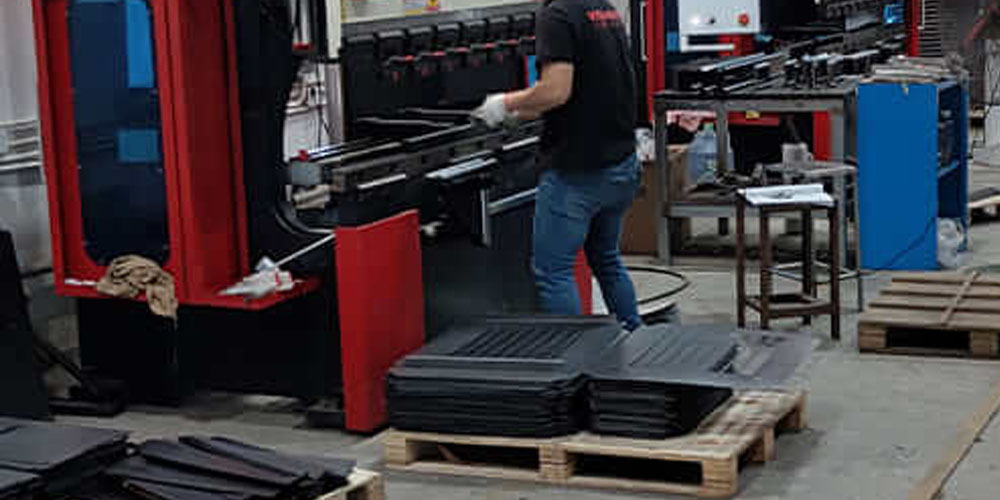Fixed-speed compressors are an essential component of many industrial processes. To power machinery, they compress air or gas and deliver it at high pressure. However, fixed-speed compressors are susceptible to wear and tear, which can eventually fail if they are not properly maintained and cared for, much like any mechanical system.
Fixed-speed compressors power everything from pneumatic tools to manufacturing equipment, and failure of a fixed speed compressor can result in costly downtime and lost productivity. In this article, we'll discuss essential things you can do to avoid fixed-speed compressor failure.
Common Causes of Fixed Speed Compressor Failure
Fixed-speed compressors frequently fail for several as system overloading, poor maintenance, and wear and tear. Inadequate lubrication is one of the most frequent reasons for compressor failure because it can increase friction and heat accumulation inside the compressor.
Compressor failure can also be brought on by problems with the electrical or control systems in addition to these mechanical reasons. For instance, the compressor may stop working if the motor overheats or the control system fails.
Things to Do To Avoid Failure
Fixed-speed compressors play an important role in many industries. To avoid compressor failure, there are several essential things you can do, which are outlined below.
Conduct Regular Maintenance Checks
To ensure the longevity and ideal performance of your fixed-speed compressor, routine maintenance checks are necessary. Regular maintenance inspections will enable you to spot possible concerns before they develop into more serious difficulties. It's crucial to examine each component of the compressor during a maintenance check.
Keep the Compressor Clean
Keeping the compressor clean is another critical factor in preventing failure. Dirt, dust, and debris can build up on the compressor's components and reduce its efficiency, leading to more wear and tear and an increased risk of failure. Regular cleaning of the compressor can help prevent this build-up and extend the compressor's lifespan.
Avoid Overloading the Compressor
The capacity of the compressor should correspond to the requirements of the system it is supplying air to. The compressor will have to work harder to satisfy the demand if it is too small for the system, which will result in greater wear and tear. On the other hand, if the compressor is too big, brief cycling may occur and harm the compressor.
Monitor Temperature and Pressure
Monitoring the compressor's pressure and temperature is essential for preventing failure. You can find any anomalies that might point to a compressor issue by routinely checking the temperature and pressure of the compressor with gauges. If you observe any strange readings, act right once to resolve the problem.
Address Issues Promptly
Addressing issues promptly is essential for preventing compressor failure. Ignoring warning signs or delaying repairs can lead to more significant problems down the line. If you notice any signs of trouble with your compressor, such as unusual noises or vibrations, reduced efficiency, or abnormal temperature, take action promptly to address the issue.
Use High-Quality Parts and Lubricants
Investing in high-quality components such as belts, pulleys, and filters Compared to cheaper, lower-quality alternatives, they may initially cost more, but they will function better. Components. Using the lubricants recommended by the manufacturer is also crucial, as using the wrong type of lubricant can cause damage to the compressor's components.
Train Employees and Operators
The performance of the fixed-speed compressor over the long term depends on proper operation and maintenance. Training staff on how to maintain and use the compressor safely can help avoid accidents. Clear operating instructions and recommendations can assist prevent accidents and lower the chance of compressor damage.
Conclusion
Fixed-speed compressors play a critical role in many industrial processes. To avoid failure and ensure their long-term health and performance, it is important to take proper care of them. By following the best practices, you can help ensure that your fixed-speed compressor operates safely and efficiently for years to come.


